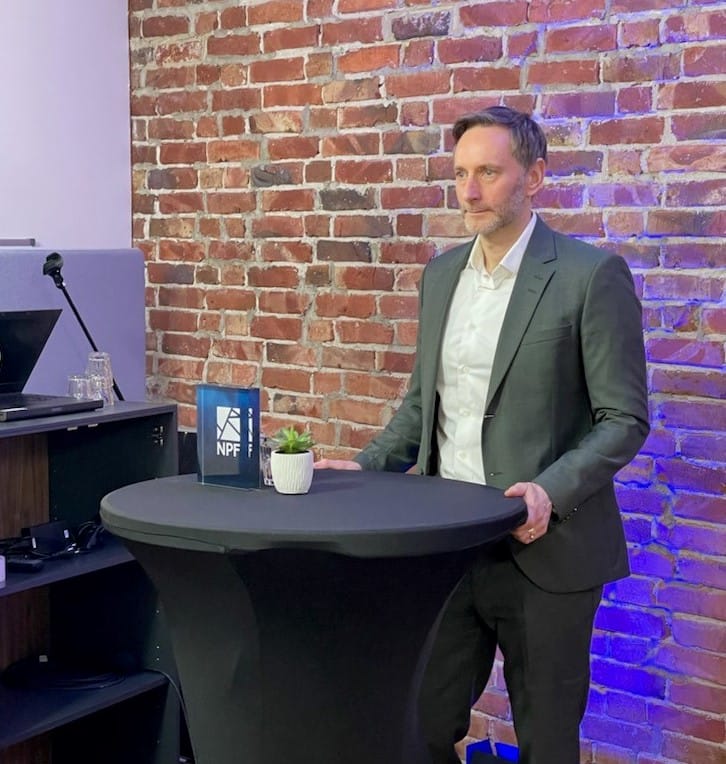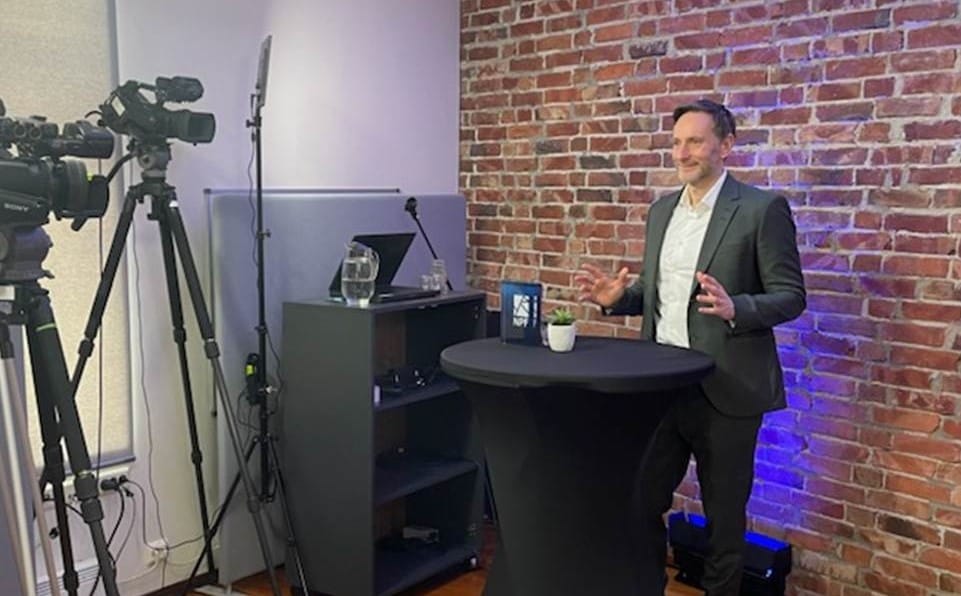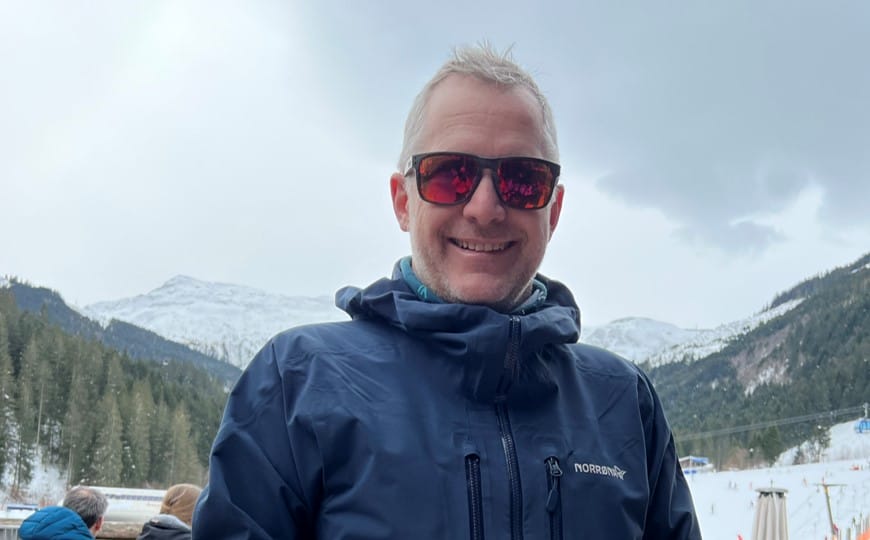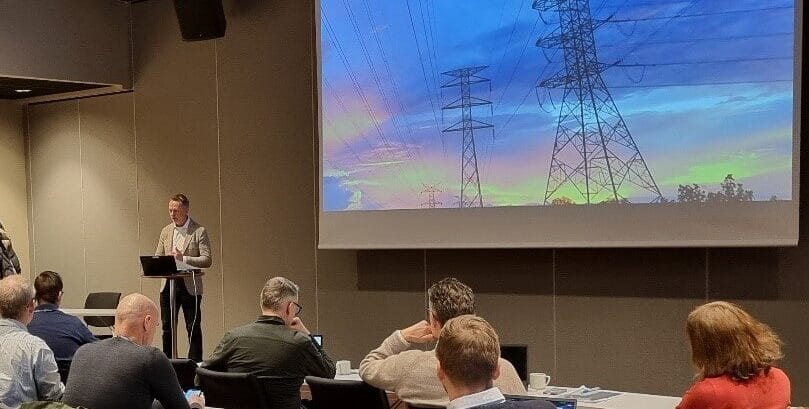

- 30. April 2021
- By:Hilde Waaler
News
How to effectively manage climate-related risk in the petroleum industry
«Climate-related risks represent an existential threat to the petroleum industry. Companies in the industry will need to quickly build the capability to effectively identify and analyze climate-related risks and demonstrate how they will manage any financial impacts from this, both in the shorter and in the longer perspective. And there is a real urgency to this matter. It happens as we speak.”
This was the main message from Trond Winther, CEO in Proactima, at the annual Norwegian Petroleum Society’s conference on risk management, which was launched this week
The conference addresses issues of importance to the petroleum industry and is an arena for sharing knowledge and experience related to risk management on a strategic and operational level. The theme for this year’s conference was: “Uncertain times. New framework conditions in the petroleum industry” and included presentations on topics such as climate risk, pandemics and cyber security.
Trond Winther started his presentation by describing the challenging backdrop for the industry, with quick changes in framework conditions as a result of the drive to address climate challenges. He pointed out how analyzes of climate-related risks are important in order to support good decisions in both the short and the longer view.
«The work on climate-related risks need to be integrated in the corporate governance and in important strategic and operational processes», underlined Winther.
Winther also addressed the particular challenges associated with identifying, analyzing and managing climate related risks, and explained how this can be made efficiently through different methods.
«Using existing processes and globally available standards may contribute significantly. However, considering the nature of these kind of risks, most companies will need to adjust their existing risk management framework to include for example scenario- and sensitivity analyses”.

Winther offered the following advice to companies in the petroleum industry: “Identifying and managing climate-related risks, requires an interdisciplinary approach and broad engagement of stakeholders, from employees to the board of directors. Based on this, the companies will be able to build a foundation for open and credible communication on sustainability and build trust with important internal and external stakeholders.
Latest news
Industry
He leads the country’s strongest team in occupational hygiene

News
Proactima appoints new CEO

Energy and renewables
Successful Gathering at Tensio

Energy and renewables
How the Energy Industry Succeeds with Risk Management

Customer stories
DBS signs a new framework agreement for enhanced preparedness with RAYVN/Proactima




